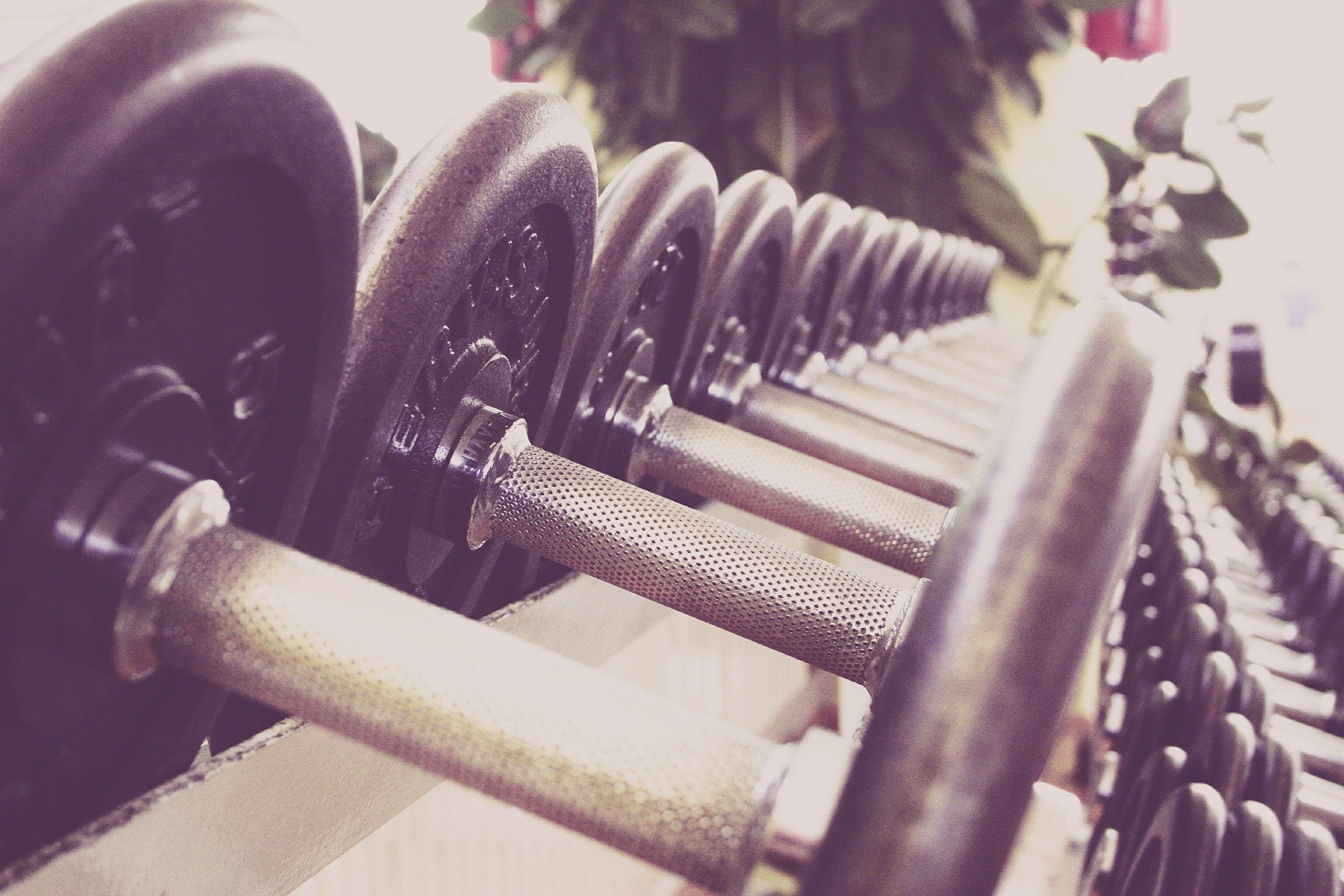Even though the official medical list of addictions still does not include such a behavioural addiction as a sport addiction, obviously there is such one. Actually, there are many conditions which are still not added to the list because of insufficient studies, however, these behaviours have a range of symptoms which are the same as the ones notable in people with substance addictions.
Addiction can be developed not only to the things which are obviously harmful, albeit might be pleasant. There are also addictions to presumably healthy behaviours. Sport addiction is one of the most popular addictions of such a type.
Here is the scale which will help you to understand whether you yourself are addicted to sport. Having even three symptoms on the list might be a signal of addiction.
Getting used to the intensity of workouts
Certainly, bodies are getting used to the intensity of workouts which is absolutely normal for everyone who exercises regularly. We simply become stronger and need more intensive workouts in order to see a progress. Yet, in case of the people addicted to sport, it works in a somewhat different way since they are looking for the source of energy and mood improvement in exercises in the first place. As you can see, they have a psychological compulsion to exercise, however, the effect they are looking for comes with an increase in exercises. That is why such people are prone to prolonging their rather severely.
Withdrawal syndrome
Since there is a range of positive psychological effects coming with exercising, once an addicted person fails to exercise, he or she feels a boost of negative emotions such as elevated anxiety and stress. An addicted person also feels an urge to have a workout in order to minimise these feelings.
Compulsion
An addicted person might have a plan for workouts but it is rather difficult for one to exercise according to it and usually a person spends a way more time on exercising than he or she planned. As a result, the quality of life of an addicted person decreases. For example, such a person might become constantly late as he or she cannot leave the gym on time.
Time consumption
As you can imagine, with time workouts are getting longer and longer even if there is actually no time for that. For instance, a person will be ready to spend an entire day exercising even though it is a holiday time and one is having a trip to another country.
Interference with other activities
As a result, an addicted person starts feeling no other part of one’s life is thus important as workouts. There is no time not only for other hobbies, but there is less and less time left for people important to the addicted individual. Finally, there is even no time work. Actually, a person might even get annoyed if there are other things to do or meetings with friends or family waiting ahead as all of these activities are seen as obstacles not allowing an addicted person to exercise for as long as he or she wants.
Loss of control
Even though an addicted person wants to minimise the amount of time spent on workouts, it seems impossible. In the reality a person simply cannot stop exercising even when he or she genuinely wants to do it.
Exercising without breaks
On top of that, people addicted to sport tend to exercise without a stop even if they have had an injury or they are ill. This is one of the most essential differences between healthy people who just love exercising and addicted people. The first group will certainly take time for a recovery after an illness which will not happen in the case of addicted people. The latter group of people will have workouts anyway, either less intensive or with the support of analgesic medications.
The most crucial symptoms for recognising a sport addiction
As it has just been mentioned, exercising without breaks is one of the most obvious symptoms of a sport addiction.
Another one is the withdrawal syndrome which means addicted people feel rather bad when they do not have a chance to exercise during a day. As a result, they will do anything to avoid such unpleasant sensations which can also affect their life. For instance, they can easily resign form an important meeting because there was no time for a workout during the day. Another example is resigning from a night sleep for the sake of exercising.

